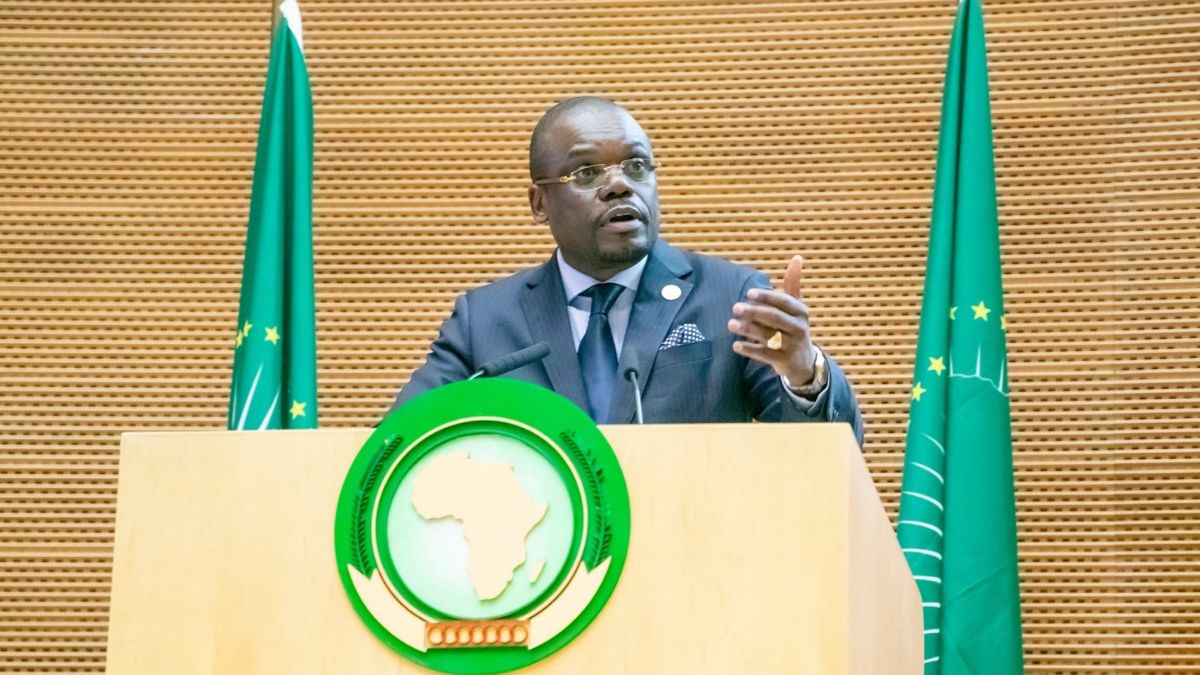The Africa Centre for Disease Control and Prevention (Africa CDC) has raised concerns, revealing that only one country in Africa is adequately prepared to respond to public health emergencies. Dr. Jean Kaseya, the Director-General of Africa CDC, conveyed this alarming information during a side event where a five-year strategic plan was unveiled to strengthen public health emergency operations centers in Africa and the Eastern Mediterranean region.
Dr. Kaseya identified South Africa as the sole African nation currently ready to respond to public health emergencies. He urged other member states to expedite measures and mechanisms to enhance their responses, emphasizing that the lack of preparedness in other countries puts the entire African region at risk of outbreaks.
Highlighting the current scenario, he noted that the Africa region is grappling with an average of two to three outbreaks per week, managing 158 public health emergencies from January to November 2023, even post-COVID-19.
Key Points:
- Dr. Kaseya emphasized the crucial role of robust Public Health Emergency Operation Centres (PHEOCs) in preventing and responding to outbreaks.
- Despite progress in strengthening emergency preparedness and response, Dr. Kaseya pointed out existing gaps and disparities.
- He called for partnerships to implement the ambitious five-year strategic plan and stressed the need for $181 million to achieve its goals.
The Plan:
The strategic plan, designed for the period 2023 to 2027, is a collaborative effort involving Africa CDC, the World Health Organization, member states, the UK Health Security Agency, and other development partners. It aims to be operational in at least 50 African countries, enhancing health preparedness and response by guiding the implementation of PHEOCs and meeting their minimum requirements or core capacities.
Dr. Matshidiso Moeti, the WHO Regional Director for Africa, highlighted the impact of the strategy on shaping the future of public health in the African and Eastern Mediterranean regions. She emphasized the need for a safer, healthier, and more resilient future where public health emergencies no longer induce fear due to improved response capabilities.
The estimated budget of $181,837,498 will cover various aspects, including renovating PHEOC facilities, procuring technology equipment, providing allowances for experts, conducting training programs, and establishing regional PHEOCs of excellence.
The call to recognize and prioritize PHEOCs was echoed by Heads of State and Government during the 41st Ordinary Session of the Executive Council of the African Union, emphasizing the importance of a continental mechanism to coordinate the establishment and strengthening of PHEOCs in Africa.




